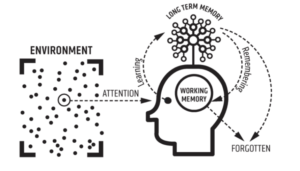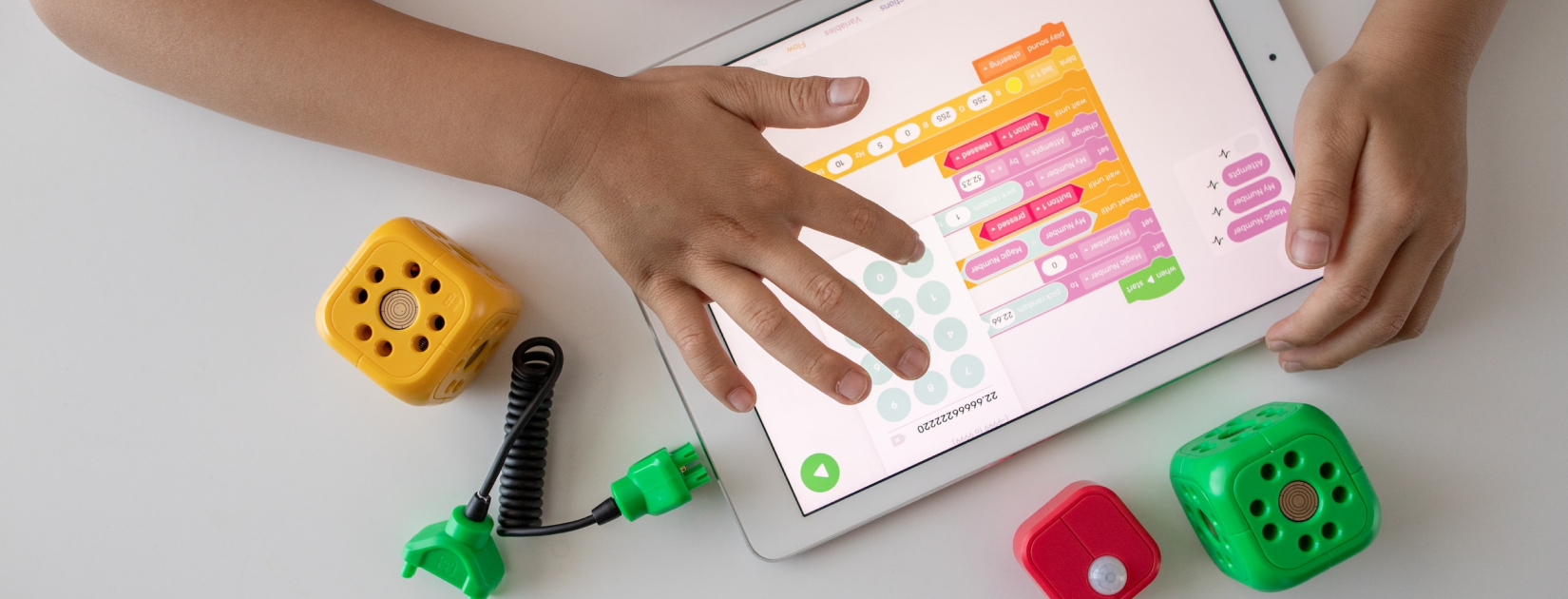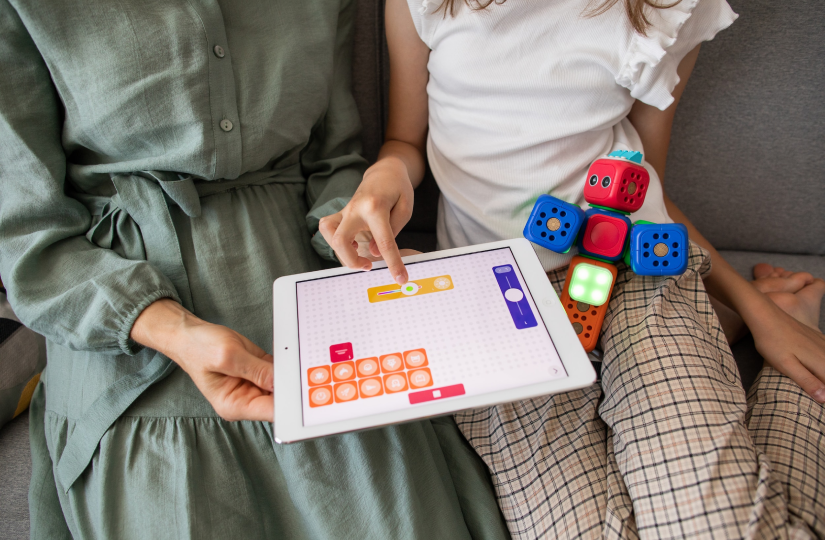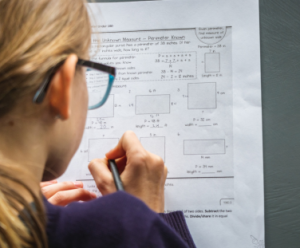
Memory – the science of learning
Memory – the science of learning ‘Using your memory, shapes your memory’ Robert Bjork (Gocognitive, 2012) In recent years, there has been lots of research
INDIGO Mental Maths UK | Online Abacus Classes for Children 5–14
We would like to answer this question through an analogy.
Most of the children practice and attend various clubs, like chess, football and ballet, with the vast majority of parents and children accepting that most likely they won’t become chess world champions, pro football players or prima ballerinas. So, what’s then the point of investing time, money and effort in a skill which most likely they won’t use in their career?
If you were to ask the children why they attend certain clubs, you’ll learn how they like being with their friends, being outside, performing in front of an audience and feeling good when they score or get recognition. And they will be right, each of the clubs they attend bring a set of emotions and experiences, and instead of one defined goal, they develop a range of skills.
So for example, children practising football also develop their communication skills, how to work in a team, and strategic thinking – all the skills that they will be able to apply in other aspects of their life, including school and career. So our club has the same principle: our goal is not only to teach children to find an answer for a calculation. We aim to train their mind, reach a solution through problem-solving in a certain way and build those muscles through the process of mental maths. Because let’s admit it – the fastest and easiest way would be to use a calculator. Less time, no effort. But it’s only through effort, we improve. So what set of skills, apart from numeracy skills does our programme develop?

By practising mental maths, you’re forcing your brain “to go to the gym”. Mental maths is the exercise for your brain, which helps build focus and concentration. You can’t get distracted because you then won’t remember at what step in your problem-solving you are at. This is a skill which is even more so important in today’s day and digital age when our attention span gets smaller and smaller. If you have a problem focusing, you can actually improve it by practising mental maths.
We see this so often with our students. To begin with, some of them are shy, some of them have maths anxiety or they have old stories in their mind about how they are not good at maths or don’t understand numbers. Once they become better at mental maths, their achievements have an impact on the perception of themselves that they built over the years and they become more self-confident, not only in maths and numbers but in other areas of their lives as well. Every single time we accomplish something that we never thought we could do, it transforms the way we see ourselves.

This is a cognitive skill when the brain thinks in logical steps. In other words, A has to be done first before you do B.
We use this skill when we need to organise something or plan for an event or even our day.
Obviously, we can’t apply and therefore improve this skill when we’re using the calculator to find the solution. By practising mental maths, we train the brain to break things into chunks and steps, which is really good for sequential reasoning skills. This helps with problem-solving at school and gets you better at planning and organising on an everyday basis.

This is even more important for children, as it improves connections between both hemispheres of the brain. So when you’re solving a math problem, the calculating part is done on the left side of the brain. When you visualise however the problem being solved, it engages the right side of the brain.
Now, if you’re using a calculator or pen and paper to solve the problem, you don’t have to visualize the steps in your mind. Students who are visual learners enjoy mental maths, as this is their strength. But if you’re not a visual learner you can actually improve this skill by practising mental maths.
Working memory is a very specific type. There is short-term and long-term memory, and we have working memory. Working memory is what we use when solving a problem. This is like the RAM in your PC. So if you increase your RAM, you can have more applications and programs run at the same time and everything runs smoother and faster. It’s the same with working memory.
When you do mental maths, you have to remember all the steps, and solutions to every step in order to apply them to the next step. So, in the beginning, a lot of people have trouble remembering all the rules and the steps, but this is a skill that it can be built over time. You’ll be surprised how fast you can do a multi-step problem because your working memory will improve
At INDIGO Mental Training Club we know the importance of teaching our children how to succeed at a task. So, we are focusing not only the numeracy but all other sets of skills which are as important or even more so. This combined with a positive learning experience means that they are more likely to be successful in everything they do.

Memory – the science of learning ‘Using your memory, shapes your memory’ Robert Bjork (Gocognitive, 2012) In recent years, there has been lots of research

Tips to help your child love and understand maths Maths often gets a bad rap for being incomprehensible and complex, and therefore raises a lot

What’s the point of doing mental maths? We would like to answer this question through an analogy. Most of the children practice and attend various
All rights reserved © 2021
All rights reserved © 2021